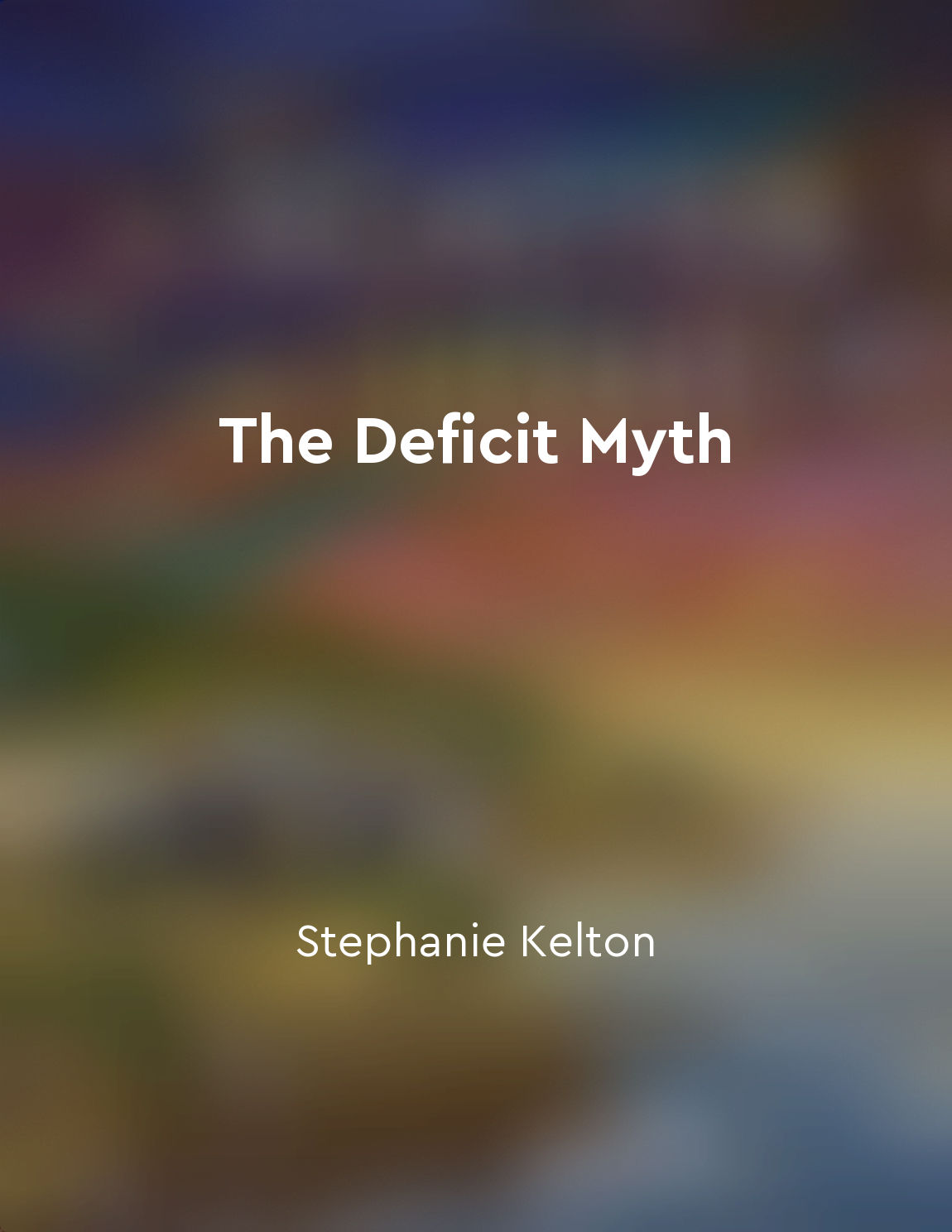Government intervention can correct market failures from "summary" of The Economic Naturalist by Robert H. Frank
When markets fail to achieve efficient outcomes, governments can sometimes improve matters by intervening. A classic example is pollution. When firms are free to emit pollutants into the air or water without bearing the cost of doing so, they will produce more pollution than is socially desirable. This is an example of what economists call a negative externality, a cost borne by someone who did not choose to incur it. Because firms do not bear the cost of the pollution they create, they produce more of it than is socially desirable. In such cases, government intervention can potentially correct the market failure by imposing regulations or taxes that force firms to take the external costs of pollution into account when making production decisions. Another common market failure arises when information is asymmetrically distributed. In markets where sellers have more information than buyers, such as in the market for used cars, the uninformed party is likely to be exploited. This is known as adverse selection. In such cases, government intervention can potentially correct the market failure by requiring sellers to disclose relevant information or by providing consumers with access to unbiased information. Yet another type of market failure occurs when certain goods or services have positive externalities, benefits that accrue to others besides the person who chooses to consume them. Education is a classic example. When individuals decide how much education to acquire, they take into account only the benefits they themselves will receive, ignoring the benefits that accrue to society as a whole in the form of a more knowledgeable and productive citizenry. In such cases, government intervention can potentially correct the market failure by providing subsidies or other incentives to encourage individuals to consume more education than they would in the absence of intervention. Despite the potential for government intervention to correct market failures, it is important to recognize that government intervention is not always successful. Governments may lack the necessary information or resources to intervene effectively, or they may be subject to capture by special interests. In addition, government interventions themselves can sometimes lead to unintended consequences. Nevertheless, in cases where markets fail to achieve efficient outcomes, government intervention can potentially improve matters by aligning private incentives with social goals.Similar Posts
Regulatory policies should adapt to changing market conditions
Regulatory policies play a crucial role in shaping market dynamics by setting the rules and guidelines for businesses to operat...

The Constitution is a sacred document
The Constitution is a sacred document. It is not a mere collection of words on paper, but a foundational document that embodies...
Labor provides the foundation for economic activity
Labor is the bedrock upon which economic activity rests. Without the efforts of individuals to transform raw materials into goo...
Mental health challenges in a fastpaced world
In a world that is constantly moving at a rapid pace, it is no surprise that mental health challenges have become increasingly ...
China transformed from a command to market economy
China's transition from a command to a market economy marks a significant shift in its economic structure. This transformation ...

Industrial policy can spur innovation
Industrial policy plays a crucial role in promoting innovation within an economy. By providing targeted support and incentives ...
Sustainable development is a longterm goal
Sustainable development is a complex and multifaceted concept that requires a long-term perspective to achieve its goals. It in...
Economic facts and fallacies in public discourse
Economic facts and fallacies in public discourse are often misunderstood or misinterpreted, leading to flawed policies and deci...
International trade influences market equilibrium
International trade plays a significant role in shaping market equilibrium. When countries engage in trade with one another, it...

The deficit myth is holding back progress
The idea that deficits are a hindrance to progress is a pervasive myth that has been ingrained in our society for far too long....
